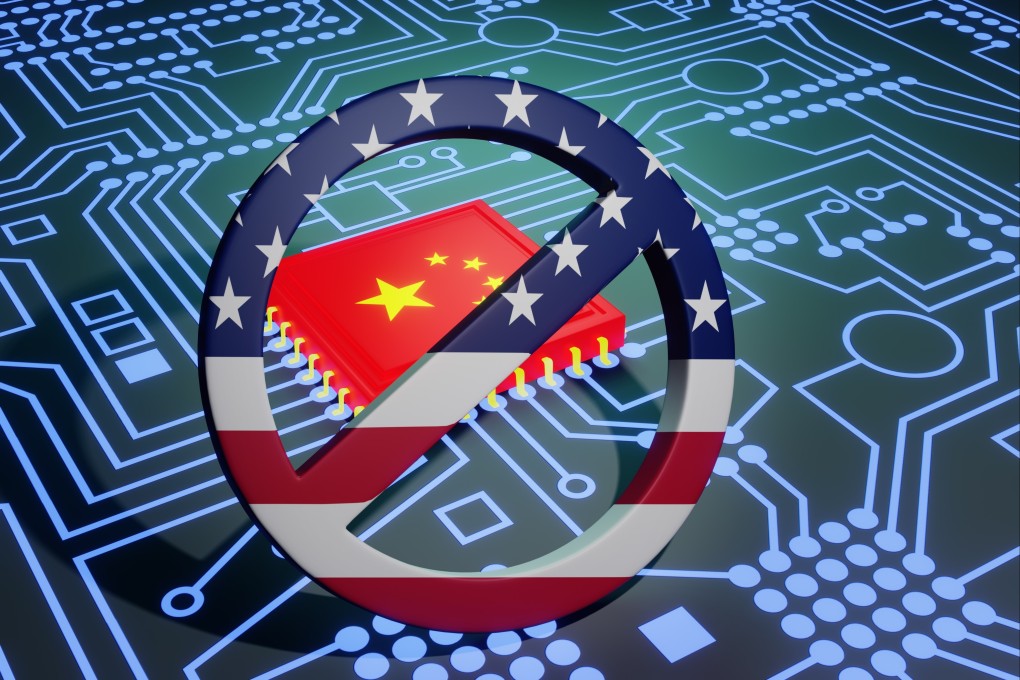Advertisement
Exclusive | Tech war: US officials said to start talks with Chinese chip equipment maker Naura Technology Group over new export restrictions
- US trade officials from the American embassy in Beijing initiated talks with Naura executives at the firm’s headquarters in the nation’s capital
- The meeting was held weeks after a subsidiary of the company was added to Washington’s trade watch list
Reading Time:3 minutes
Why you can trust SCMP
49

Che Panin Beijing
United States government officials have initiated talks with China’s leading supplier of semiconductor manufacturing equipment about Washington’s latest hi-tech export restrictions, according to a person with knowledge of the matter.
US trade officials from the American embassy in Beijing held talks with executives of Naura Technology Group last week at the Chinese company’s headquarters in the nation’s capital, according to the person, who declined to be named because the discussions were private.
The meeting came weeks after a Naura subsidiary, Beijing Naura Magnetoelectric Technology, was among 31 Chinese tech firms, research institutions and related entities added by Washington to the US Unverified List (UVL).
Advertisement
Parties whose bona fides have not been substantiated by the Bureau of Industry and Security (BIS), an agency under the US Department of Commerce, are put on this list, which serves as a trade restriction since those on it are ineligible to receive items subject to the US government’s Export Administration Regulations.
Under updated rules announced by the BIS on October 7, parties on the UVL that fail to provide required data for the agency’s verification process may be added to the US trade blacklist, formally known as the Entity List.

Naura on Monday declined to comment about having a meeting with US officials.
Advertisement
Select Voice
Choose your listening speed
Get through articles 2x faster
1.25x
250 WPM
Slow
Average
Fast
1.25x